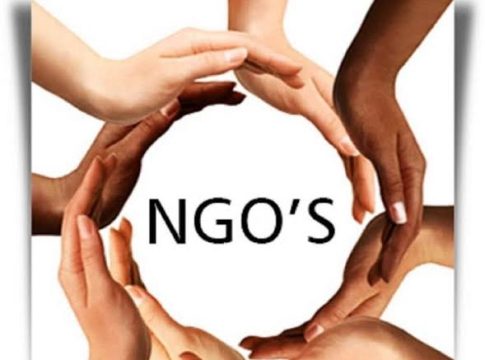The Tripartite Committee on National Minimum Wage in Nigeria has concluded its deliberations and officially submitted its report to the Secretary to the Government of the Federation (SGF) on Monday. Segun Imohiosen, the SGF’s Director of Information and Public Relations, confirmed the submission, noting that the report’s formal presentation to President Bola Tinubu is pending, awaiting the return of key stakeholders from the International Labour Organisation (ILO) Conference in Geneva, Switzerland.
The committee, chaired by Bukar Goni Aji, was appreciated by the SGF for their dedication throughout the process. Established by President Tinubu on January 30, 2024, the 37-member committee was tasked with defining a new national minimum wage for both public and private sector workers, under the mandate of the Minimum Wage Act, 2019.
After months of intense negotiations involving the Government, organised labour, and the private sector, a figure of N62,000 was proposed as the new national minimum wage—a recommendation that will be included in the report for President Tinubu’s consideration. This proposal significantly diverges from the labour unions’ initial ask of N494,000, later adjusted to N250,000.
READ MORE: Multichoice Challenges Tribunal’s Ruling Over Accused Unfair Pricing Practices
The news comes amidst assertions from the Nigeria Governors’ Forum (NGF) that the previously contemplated N60,000 minimum wage is financially unfeasible for many states, warning of potential constraints on infrastructure and service delivery projects.
However, labour representatives remain steadfast in their demands. Chris Onyeka, Assistant General Secretary of the Nigeria Labour Congress (NLC), strongly articulated the labour movement’s stance, emphasizing the inadequacy of the N62,000 proposal and underscoring the N250,000 figure as reflective of the current economic realities faced by Nigerian workers.
With the committee’s recommendations now with the SGF, and anticipated to be in the hands of President Tinubu shortly, the next steps involve an executive bill being drafted for the National Assembly’s consideration. The process’s outcome is keenly awaited, with implications that span the breadth of Nigeria’s economy and the well-being of its workforce.




